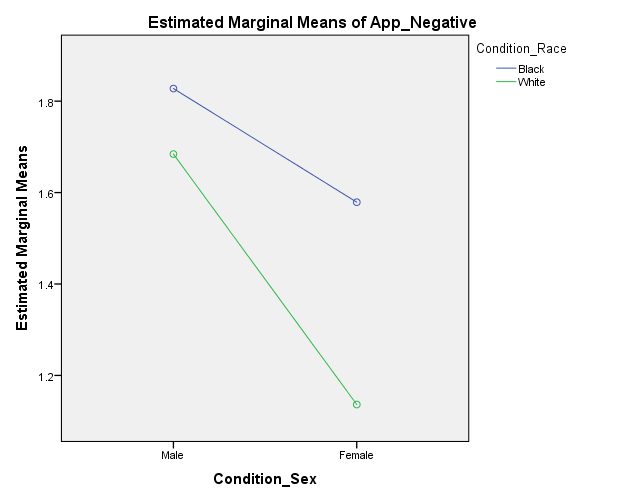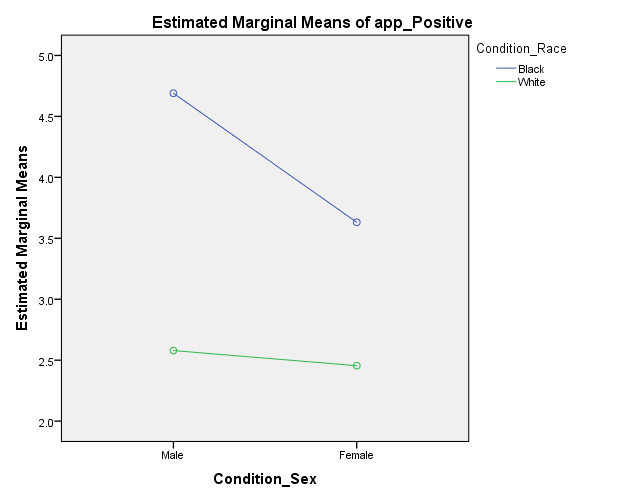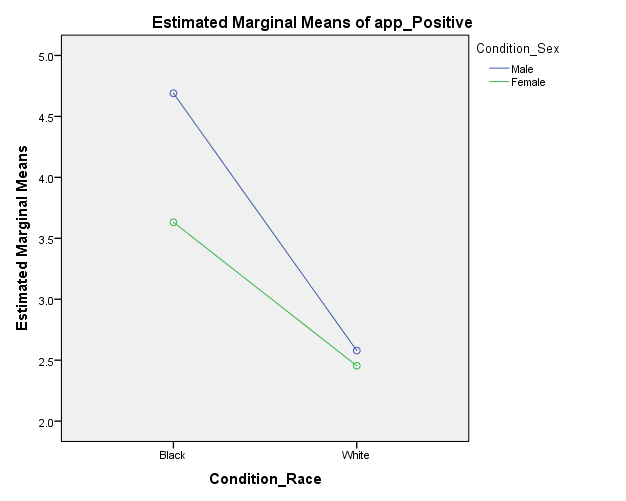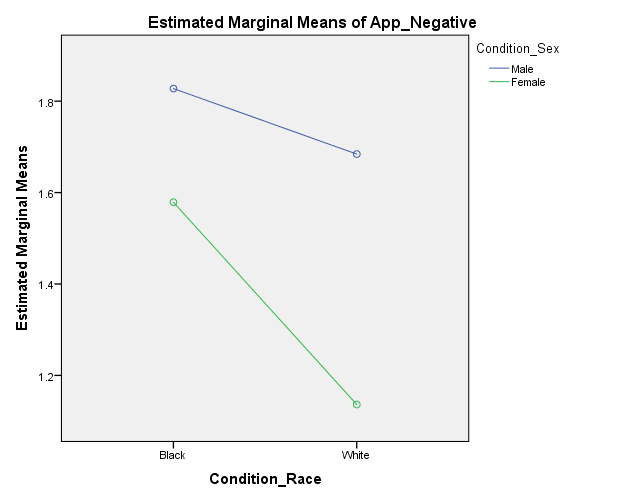Introduction
Racial slurs remain one of the most significant problems in the territory of the United States of America. Therefore, this issue was discussed with students to understand their approach and relation to this issue. The following paper covers the particular results of this survey and will provide additional information about the current situation in the country. Moreover, this work is to discuss the main reasons, biases, and varieties of racial lexicon and its context.
Methods
Participants
A group of Brooklyn college students participated in this survey. The invited students were chosen randomly. Therefore, the questions were answered by seniors, freshmen, alumni, and students in other years of their educational processes. This research activity requires its participants to be honest in their answers, statements, and conclusions because this approach will provide a better understanding of the current situation among different racial societies.
Some people are afraid of using a racial slur because they do not want to be considered racists or other minorities of similar ideologies that might offend their colleagues, classmates, neighbors, and so on. However, the discussed survey is anonymous, which gives participants freedom in their answers and conclusions. Therefore, this research activity provides the most accurate statistics and gives a full image of the racial slur usage among people who can be potentially offended with such lexicon.
Materials
All the participants were introduced to a test that gave them examples of situations between people of different ethnicities. These questions also required information about participants’ political views and their approaches to the situations described above. The survey was implemented with the help of a relevant online platform for such purposes.
Procedure
The answers to the aforementioned questions were divided into seven points on a scale, which let participants have a wide classification range of their understandings or ideas. The students were provided with access to computers with the appropriate information. Besides, they were instructed according to the survey rules and given a particular amount of time for completing their works.
Results
The survey showed that the majority of participants have general ideas of cases when racial slurs are acceptable and when they might be offensive. It is appropriate to use racially charged language in situations that would not offend one’s friends, acquaintances, relatives, and so on. Nevertheless, there are many instances when it would be proper to avoid racial biases because it is considered to be rude and might cause unfortunate misunderstandings.
Discussion
Racial slurs are words or phrases that might be used to express discrimination towards particular minorities. Nevertheless, these allegations are widespread around the United States of America today and are used by some people in an appropriate way (usually with friends, siblings, couples, and families). According to the survey results that provide trustworthy statistics about the ethnic background of some students, it becomes evident that white people, who were born in predominately black neighborhoods or dislocations, are usually offended due to their ethnicity.
The same situation can be witnessed in different predominately white neighborhoods when the local population talks to a person of another race (Hedger, 2013). Besides, people who live in such an environment might not realize that some offensive phrases addressed to them are negative because they consider this treatment normal, as it is constantly used in their daily lives.
There are many forms and varieties of racial abuses and slurs among particular societies. However, there are a plethora of situations when people of one ethnicity or race are allowed to address one another with the use of some offensive words and phrases. In such instances, the aforementioned methods of communication are not considered negative. Unfortunately, a racial slur is a very common thing among people of different ethnicities and races.
Moreover, it also depends on the social status and education of people that might potentially use offensive forms of verbal fellowship. There is a variety of formal situations, in which a racial slur cannot be used under any circumstances because such actions and words might lead to disrespect among colleagues or partners (Hedger, 2013). However, people who are in the process of obtaining a formal education or have already graduated are more likely to use the racial slur lexicon during informal conversations and discussions, whereas people of a lower education do not consider using such forms of nicknames in their daily lives.
The situation above is almost the same among people who have prestigious jobs and other citizens that receive minimum wages for their labor. A racial slur is usually used to show and express one’s disrespect to other people. Nevertheless, as it was mentioned above, people might use this form of verbal communication without any negative context (Hedger, 2013). Perhaps, some citizens that have prestigious or valuable jobs avoid using a racial slur because these words and phrases cannot be used to address one’s, respectable colleagues.
Moreover, a racial slur is unacceptable to be used by people who follow the rules of professional etiquette and want to get promoted in their further career. Sometimes such an approach may lead to disrespect by the society and misunderstandings in one’s professional collective. Unfortunately, racial slur might be used by highly-educated or wealthy people to address some workers of lower wages jobs. This lexicon is usually implemented to accent on other people’s financial status, to make them feel awkward and offended.
People of various societies might have different understandings of racial slur. For instance, a person from a particular neighborhood does not care if he or she happened to be a target of a racial slur, whereas a person from another region might take these offensive words too close to one’s heart, which can lead to some misunderstandings. It would be proper to be respectful to all people that surround you in your daily life.
The aforementioned lexicon can be suitable during a friendly conversation between people who know each other for a long time. In such instances, it would not be considered rude or incorrect. “The semantics of racial slurs has recently become a locus of debate amongst philosophers; While everyone agrees that slurs are offensive, there is disagreement about the linguistic mechanism responsible for this offensiveness” (Hedger, 2013, p 207). In turn, many people avoid using racial slurs due to their politeness and honor qualities. It is advantageous to be aware of one’s position and approach to this issue in order not to offend him or her because one of the slur phrases might ruin relationships and creditworthiness between two acquaintances.
Although the discrimination among different ethnicities is evident, there are multiple groups that harbor enmities against one another. Usually, such people have different ideologies and understandings of particular laws, religious confessions, and other controversies that cannot be solved on a governmental level. Therefore, the racial bias against other races can be witnessed even in the most intelligent societies.
However, this state of mind is usually developed by a person’s environment and his or her surrounding atmosphere. It is a well-known fact that people of one ethnic background are able to murder one another due to their illegal businesses’ profits and benefits. Unfortunately, children see and refer to their parents’ stereotypes about other minorities that they do not support. Therefore, such an approach is a psychological issue that cannot be eradicated from a conscious person’s mind.
Despite the developing problem of a racial slur, there is also a gender discrimination issue, which does not let women of particular ethnicity obtain well-paid jobs, become leaders, or respectable members of the society. Some people neglect women of particular ethnic backgrounds, which makes them feel awkward in public. However, they use racial slurs in order to accent on others’ blemishes (Hedger, 2013).
This form of fellowship is unacceptable because not only it makes the audience feel awkward, but it also shows that the person who expresses his or her racial biases against females is rude, impolite, and disrespectful to others. Therefore, such phrases are essential to be avoided in public. However, there are particular cases when this language might not be offensive. These cases are usually used by friends that know each other’s nature and character for a long time. “Consistent with our hypotheses, in Study 1 we found that the use of racial slurs between friends was perceived to be less offensive than between strangers, and “nigga” was perceived to be less offensive than “nigger”.
In Study 2 we replicated these results and extended them by finding that ratings of offensiveness, consistent with hypotheses, were correlated with individual differences relating to the justification and suppression of prejudice” (Odea, Miller, Andres, Ray, Till, & Saucier, 2015, p. 160). For instance, it would be acceptable for a black female to call her male friend or boyfriend “nigga”, but his white friends cannot use this word, as it is offensive.
Nevertheless, some transgender people are often offended due to their appearance, lifestyle, philosophy, and so on. As transgender is not a natural issue of a person, this choice is considered to be shameful for him or her. However, sometimes it is hard to identify such individuals in a crowd, but particular differences are obvious to some audience. Therefore, they use a specific slur to blame them and accent on their blemishes, body features, and so on. This language is not appropriate to use referring to the people described above under any circumstances because they might realize their mistakes and be ashamed of their bodies.
There are many individuals in the United States of America who use racial slurs when referring to the country’s population of different ethnicities. Some demographers claim that such people are usually older than fifty years old, which means that this issue is only present among the older generations due to their fresh memories about racial discrimination in the country. As it was mentioned above, there are acceptable phrases that might be used only in certain circles of fellowship. Otherwise, these slurs might be offensive to particular people. It is estimated that racial biases across generations are getting less common and popular due to the younger generation’s philosophy.
Figures and Tables




References
Odea, C. J., Miller, S. S., Andres, E. B., Ray, M. H., Till, D. F., & Saucier, D. A. (2015). Out of bounds: Factors affecting the perceived offensiveness of racial slurs. Language Sciences, 52(1), 155-164. Web.
Hedger, J. A. (2013). Meaning and racial slurs: Derogatory epithets and the semantics/pragmatics interface. Language & Communication, 33(3), 205-213. Web.